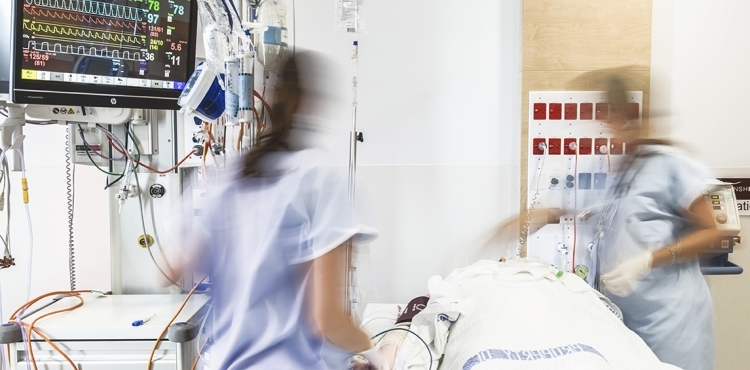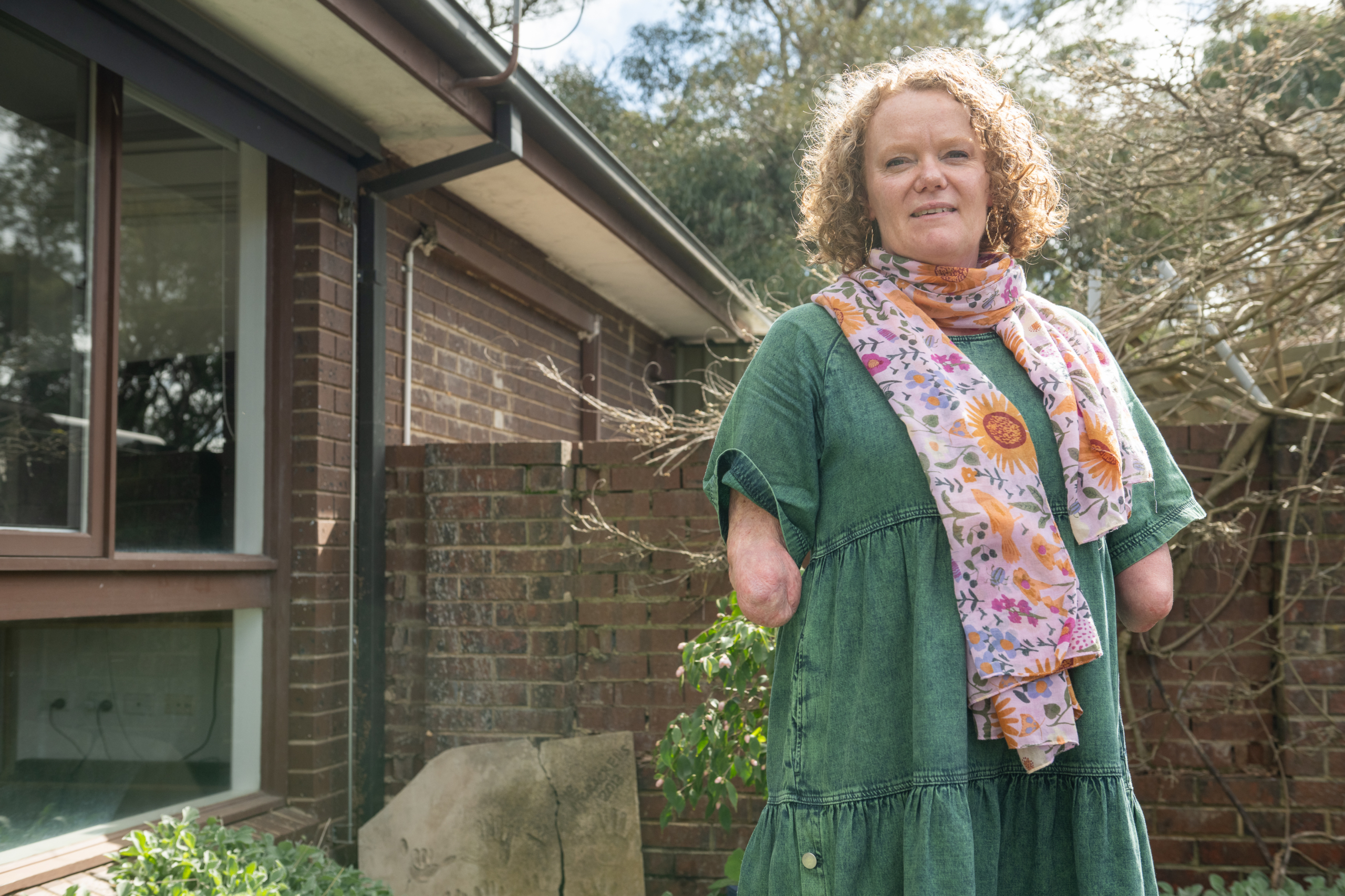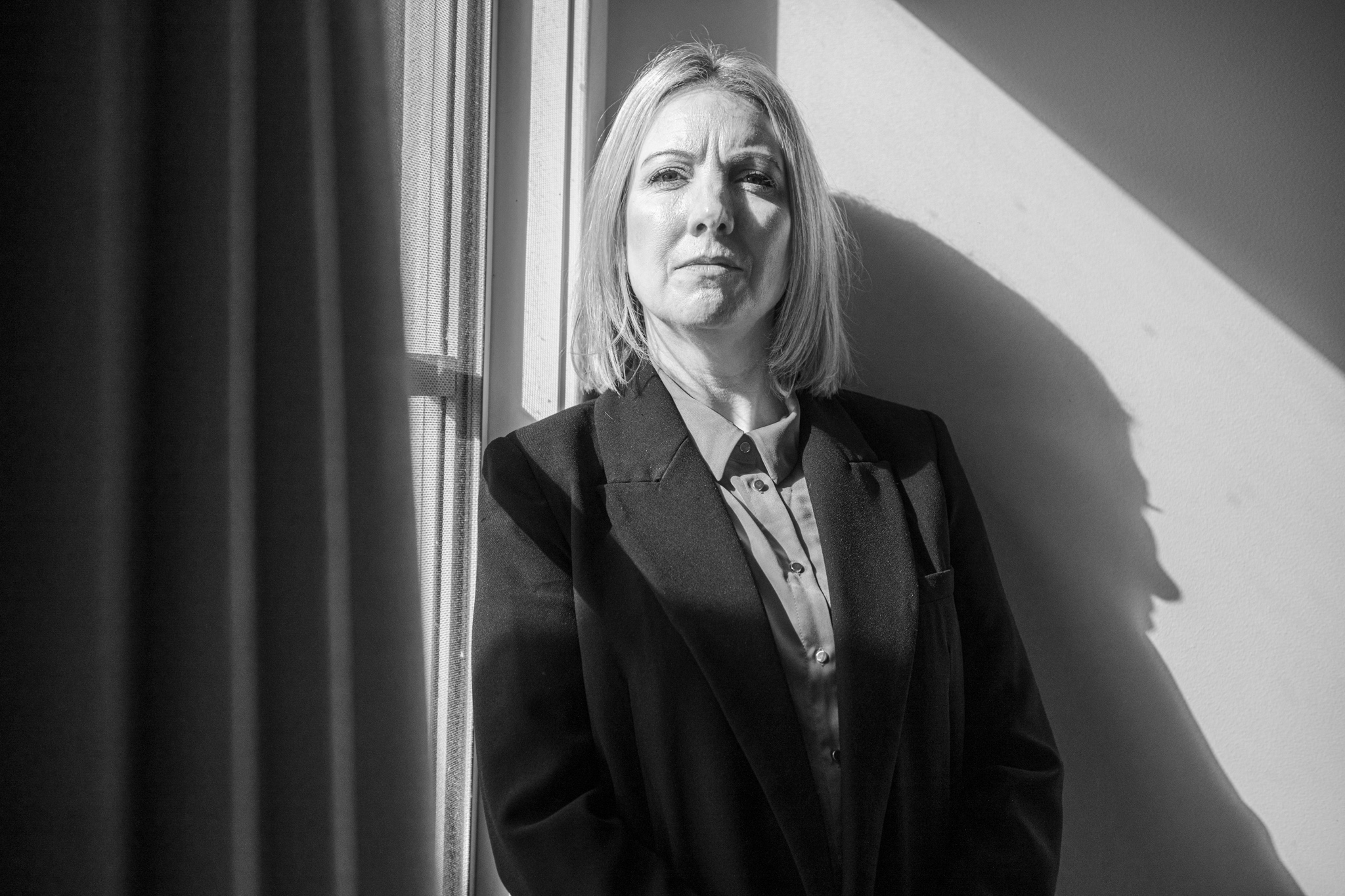
While in hospital
Sepsis should be treated in-hospital as a medical emergency; severe sepsis will be treated in an intensive care unit. In other words, sepsis should be treated quickly and efficiently as soon as it is suspected even if test results for blood, urine, sputum, wound of other cultures have not yet been received.
Antibiotics should be administered immediately after blood and other fluid samples have been obtained. Administration of antibiotics should not be delayed while awaiting the results or performance of tests to diagnose sepsis; a 2006 study showed that the risk of death from sepsis increases by 8% with every hour that passes before treatment begins. Intravenous fluids should also be administered without delay.
Depending on the patient’s status, other types of treatment, such as mechanical ventilation or kidney dialysis, may be necessary. Sometimes, surgery is required to clear a local site of infection.
Many other drugs may be used to treat sepsis or to revive those who have gone into septic shock. Despite years of research, scientists have not yet succeeded in developing a medicine that specifically targets the aggressive immune response that characterises sepsis.
In Australia, clinical treatment and post sepsis support for survivors, families and carers, and those bereaved of sepsis should be provided according to the national Sepsis Clinical Care Standard which was released in 2022. Primary health care (General Practitioners and clinics) and hospitals are working towards implementing the requirements of the Sepsis Clinical Care Standard which ensures that a patient presenting with signs and symptoms of sepsis receives optimal care, from symptom onset through to discharge from hospital and survivorship care in the community.

Life after sepsis
Many people who survive severe sepsis recover completely and their lives return to normal. But some people, especially those who had pre-existing chronic diseases, may experience permanent organ damage. For example, in someone who already has kidney impairment, sepsis can lead to kidney failure that requires lifelong dialysis. Patients who have the extremely severe septic shock may develop gangrene necessitating the amputation of digits (fingers or toes) or even partial or complete amputation of limbs. Other patients who have not experienced the most catastrophic complications of sepsis may still feel their longer-term health has suffered as a result of contracting sepsis.
The Sepsis Australia – Life after sepsis: a guide for survivors, carers and bereaved families are available to read and download.
The guide will help you to navigate the challenging post sepsis period by:
- Informing early hospital discharge planning
- Providing survivors advice for recovery
- Fostering connections with sepsis support groups
- Providing support for bereaved families, carers and loved ones through their grief and sadness
The value of lived experiences of sepsis in providing this support, cannot be underestimated. Thank you to the Sepsis Australia Consumer Parter and Advocacy Program and Ms Fiona Gray (Chair and survivor) for the invaluable contribution to the development of this resource. This guide is a living document and as such will evolve over time to encompass advances in post sepsis recovery and support.

Post Sepsis Syndrome
Post Sepsis Syndrome (PSS) describes physical, cognitive, emotional and behavioural effects of sepsis that can be short or long-term and can affect up to 50% of people who survive sepsis.
Survivors may suffer from:
- Sleep disturbance including insomnia
- Experiencing nightmares, hallucinations, flashbacks and panic attacks
- Muscle and joint pains which can be severe and disabling
- Extreme tiredness and fatigue
- Inability to concentrate
- Impaired mental (cognitive) functioning
- Loss of confidence and self-belief
People who have suffered severe sepsis and especially those treated in an intensive care unit are at greatest risk of suffering post-sepsis syndrome. Older people who survive severe sepsis are also at greater risk for long-term cognitive impairment and physical problems than people of the same age who are treated for other illnesses.
It is important to tell your Doctor or Nurse when seeking treatment and support for your recovery that you had a diagnosis of sepsis and that the problems you are experiencing (such as those listed) represent Post Sepsis Syndrome. Rather than symptoms and ongoing problems being assessed and treated in isolation they should be considered under a Post Sepsis Syndrome lens to ensure a comprehensive, coordinated and proactive management plan for your recovery is provided.
Support and resource networks
Facebook group: https://www.facebook.com/groups/1282752471763476
Facebook group: https://www.facebook.com/isitsepsis
Website: https://maddyjonesfoundation.com.au/
Website: https://renovatingmatthew.com/
Website: https://movementformia.org/
Website: https://reaching4korina.com.au/
Facebook group: https://www.facebook.com/profile.php?id=100069229291847

Bereavement Support
Sepsis is a very serious illness that can result in serious injury or death. It can be a terrible shock if your relative dies of sepsis because the illness can move very quickly and they may have been in good health before it happened. It may be difficult for you to remember what happened, so it may help to ask the nurses and doctors about anything you don’t understand.
You may find it hard to believe that your relative has died especially if it happened very quickly. Talk to your friends and family and ask for any help that you need. It may help you to talk to a bereavement counsellor because they can offer support and understanding to adults and children who have lost a relative or friend.
Talk to your GP and request a referral to a bereavement counsellor. However, an important first step is to contact sepsis support and advocacy groups who have lived experience with sepsis and with losing loved ones.
bereavement services
Health services can refer you to their linked bereavement services. If that does not occur or you wish to use another, see the following options (please note that no specific service is being recommended and choice is at the discretion of the bereaved).
53 Wellington Road MULGRAVE VIC 3170 Australia.
Phone: (03) 9265 2100 OR Free call: 1800 642 066
Email: info@grief.org.au
Website: www.grief.org.au
35 locations across NSW
Phone: (02) 8205 0566
Website: www.grieflink.org.au
make a difference and join us today in the fight against sepsis
Together, we can raise awareness, improve care, drive research and save lives.
